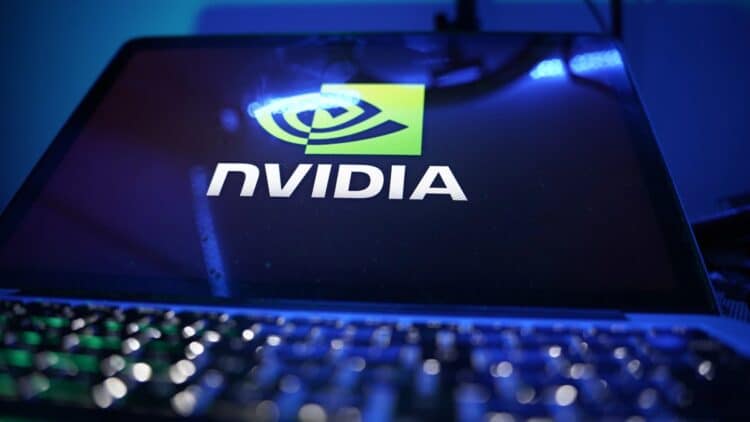A strong partnership has been formed between Chinese company Alibaba and American company Nvidia, focusing primarily on joint development of artificial intelligence technologies and solutions, including the development of humanoids and cloud applications. The impact of the announcement of this merger was directly reflected in the Chinese company’s share price, which rose more than 9% in Hong Kong and also saw a significant surge in the American market.
Alibaba partners with Nvidia to transform robotics and cloud computing
At its annual technology conference, Alibaba announced its plans to integrate all of Nvidia’s physical AI software into its infrastructure. With this foundation, Alibaba aims to provide its developers with access to a comprehensive, well-structured cloud-based platform to accelerate advancements in humanoid robotics and AI solutions applied to the physical world.
The announced partnership between the two companies represents a powerful collaboration with significant potential for developing new technologies, combining Nvidia’s expertise in advanced chips with Alibaba’s capabilities in digital infrastructure and cloud services. From the Chinese company’s perspective, it represents an opportunity to leverage its cloud division as a provider of advanced AI services, a key differentiator at a time when global competition for dominance in this technology is intensifying.
Nvidia partnership accelerates Alibaba’s ambitions in artificial intelligence
According to CEO Eddie Wu, the company had already announced a 380 billion yuan (approximately US$53 billion) investment over three years to advance artificial intelligence and the cloud. With Nvidia’s involvement in the process, the company expects to increase the speed and scale of this development.
“The cumulative investment in global AI in the next five years will exceed $4 trillion, and this is the largest investment in computing power and research and development in history,” he also said
Investments in artificial intelligence are moving markets and changing global priorities.
In addition to the technical and technological impact this partnership will bring, the financial market also responded to the significance of this announcement. In Hong Kong alone, Alibaba shares reached their highest level since 2021, adding up to an annual appreciation of over 100%. In the US premarket, the increase was over 9%.
This stock response demonstrates a level of investor satisfaction that highlights the growing interest in companies leading the global technological transition. It is estimated that, in the next five years, global investment in artificial intelligence could exceed US$4 trillion, the largest investment in research and technological infrastructure ever seen.
But this partnership hasn’t just caught the attention of investors. Some governments are also paying attention. While China is creating billion-dollar funds to support robotics and AI startups, the United States is imposing restrictions on the export of advanced Nvidia chips to China, citing national security concerns. This is a highly relevant point because the partnership between the American and Chinese companies are taking place amidst a context of tension and dispute between the two nations.
Alibaba-Nvidia partnership promises AI tools reshaping daily digital experiences
The impact of these new AI ventures will gradually be felt in people’s daily lives. Humanoid robotics, for example, could transform sectors such as healthcare and logistics, creating smarter and more flexible assistants. Similarly, the expansion of the cloud, powered by high-tech chips, ensures greater efficiency in digital services used daily, such as shopping apps and automatic translation. In practical terms, each advance in this area can result in faster, more accessible tools that are closer to the reality of millions of users.
The partnership between Alibaba and Nvidia is a movement that connects billion-dollar investments and innovation in robotics, but also encompasses geopolitical disputes. With the positive impact on its shares and ambitious plans for the coming years, Alibaba makes it clear that it wants to be among the leaders in this global dispute.


